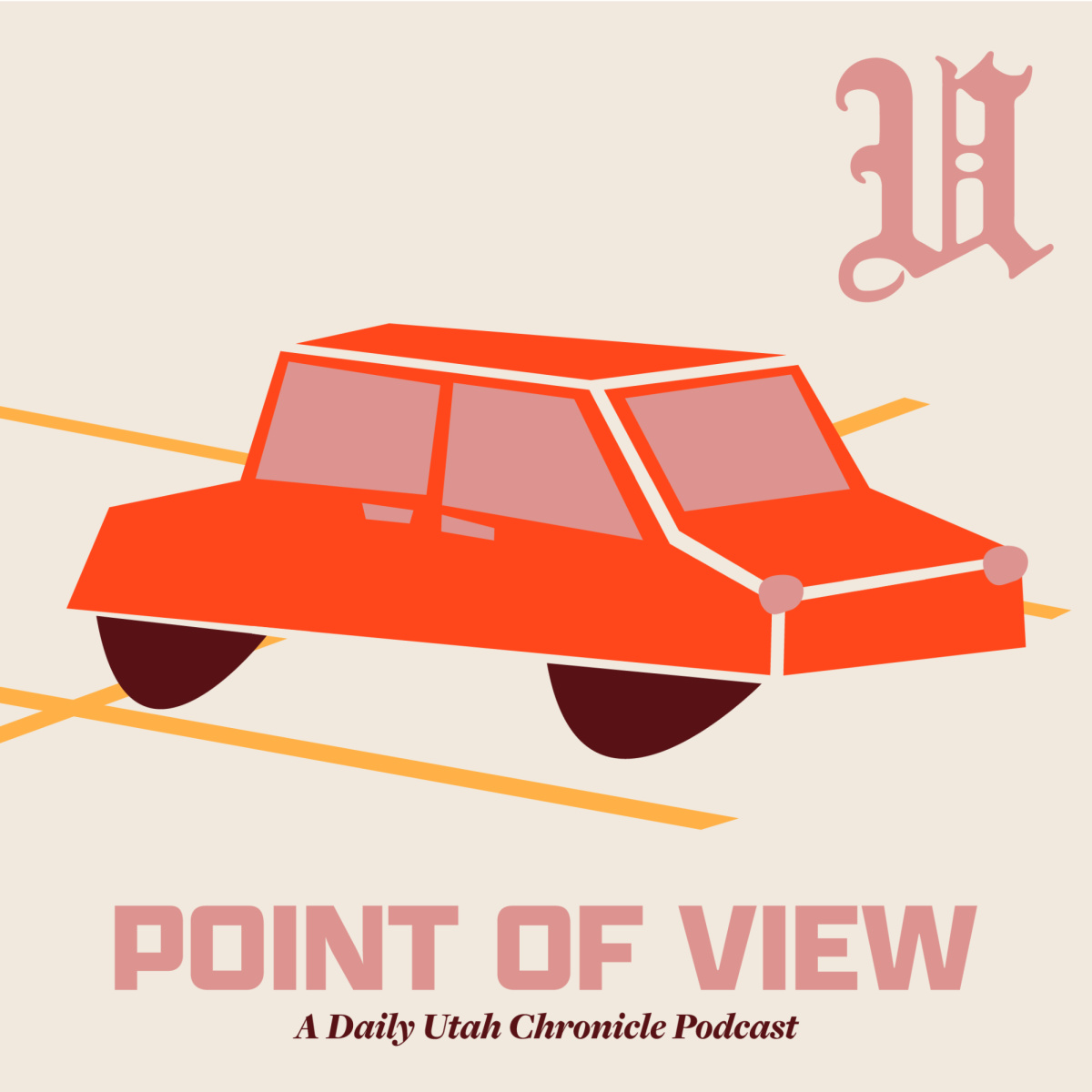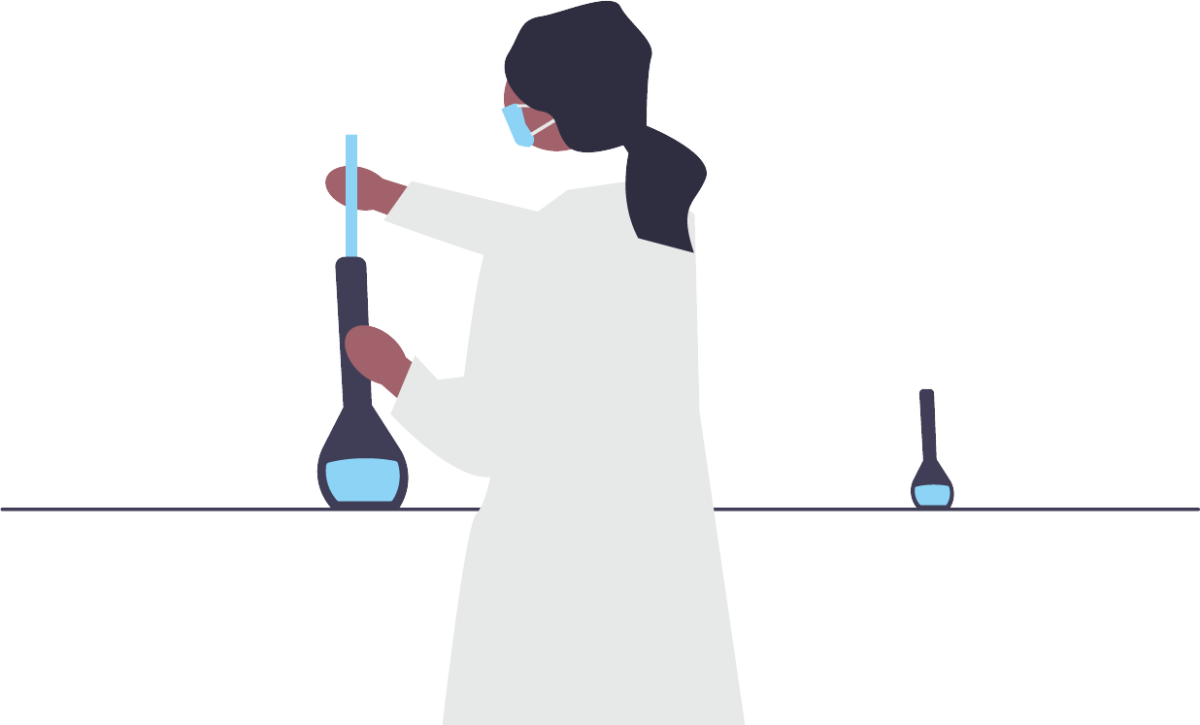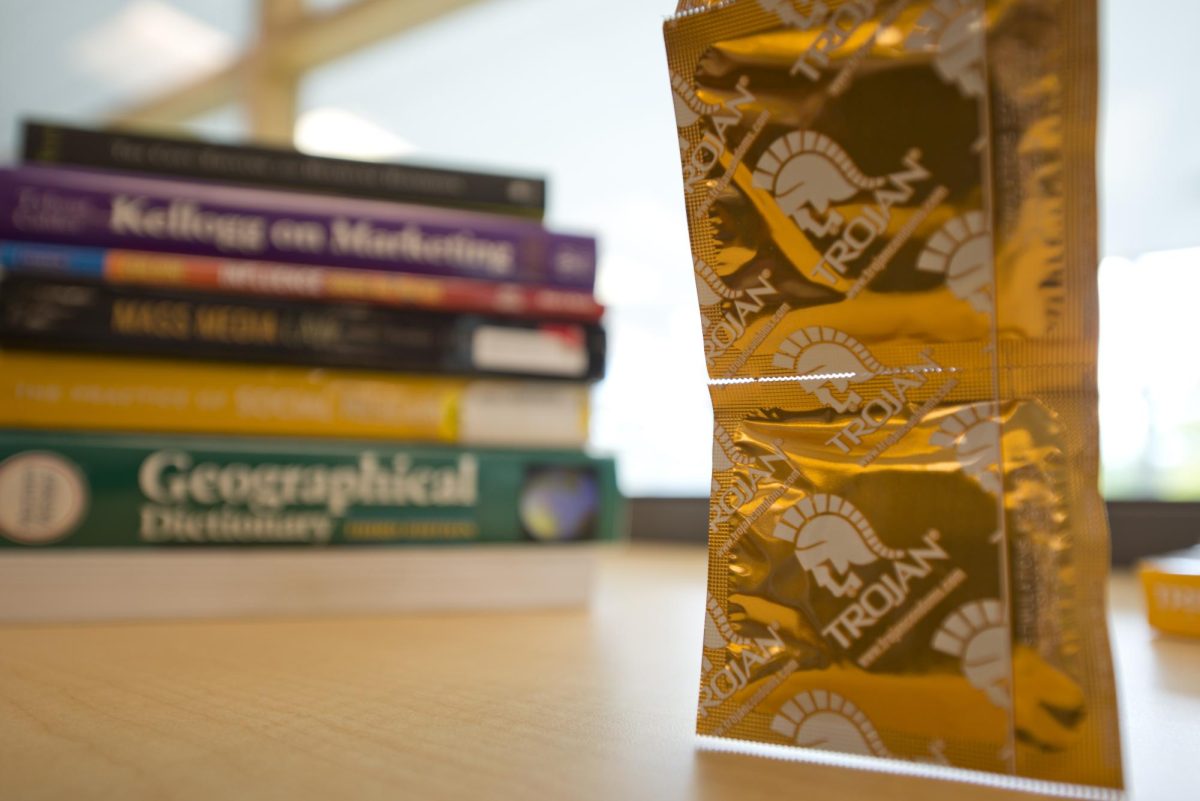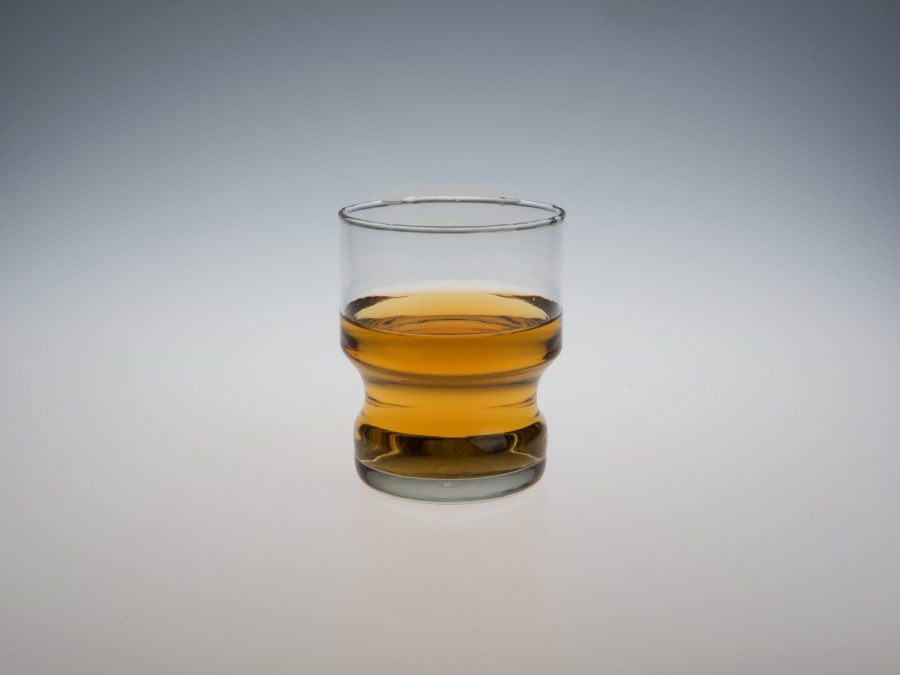A state-oriented regulatory liberalization effort has begun to form between the Utah state government and the alcoholic beverage industry. Last year, approximately $178.9 million dollars in sales tax were generated from the sale of alcoholic beverages in state-operated liquor stores. That excludes sales tax from convenience stores. These collected taxes went into the state’s school lunch program, a general fund and various public service programs related to preventing drunk driving and underage drinking. 2017 was a record-setting year for tax revenue generated by the emerging alcoholic beverage market in Utah, but this revenue came as no surprise to state officials since the rate of Utah’s alcohol consumption has been increasing since 1996, which is attributed to non-Mormons drawn into Utah by the state’s strong economy and a booming tourism industry. With a growing wave of tax revenue comes a series of sweeping reforms on liquor laws aimed at easing the burden for business owners to sell liquor. The easing of this burden began last year with the fall of the notoriously ridiculous Zion Curtain — a mandatory partition used to visibly hide bartenders from underage customers — via the passage of HB 442. On July 1 of this year, the Zion Moat, a proposition that would make it illegal for a child to sit within 10 feet of a restaurant’s bar, was marked defunct from this year’s policy agenda.
The rising demand for alcohol and its related increase in tax revenue comes at a considerable cost to Utahns. Since Utah has nearly the lowest alcohol consumption rates in the United States, we also experience some of the lowest excessive drinking rates, and we have the lowest rate of alcohol-related driving deaths in the country. These figures could change in the next few years as alcohol consumption rates increase. In fact, the rates of death related to alcohol consumption in Utah have increased by 37 percent from 2000 to 2015, reaching a 25 year high at 33,200 deaths in 2015, according to a report by Trust for America’s Health. The same report also projected Utah’s drug, alcohol and suicide death rate to increase by 40 percent in the next decade due to local and national trends. While on the surface the tax revenue generated from the liquor industry appears to be a net positive, a 2010 study conducted by the American Journal of Preventive Medicine calculated that excessive drinking costs the Utah state government $711.4 million annually. Costs to the government were calculated based on healthcare, lost productivity, mortality and crime. This economic loss creates a deficit for Utah taxpayers running in the hundreds of millions while alcohol sold in government-operated liquor stores generated more than $233 million last year for the alcoholic beverage industry.
Regulating alcohol is a balancing act which has confounded American policymakers for decades. Banning alcohol, in the case of prohibition, creates a violent criminal network of bootleggers and has no positive effect on decreasing alcohol consumption. The mainstream misconception that any sort of regulation of alcohol is a futile policy, however, is debunked in the historical analysis of the 1981 book “Alcohol and Public Policy: Beyond the Shadow of Prohibition.”
“The lesson that has apparently become ingrained in conventional wisdom [from prohibition] is something like the following: It is futile and mischievous to legislate drinking morals,” the book reads. “Prohibition and, by extension, even moderate supply restrictions create a criminal industry and are not effective in reducing the consumption or the problems of alcohol … But there is much to be gained by unburdening the discussion of other prevention strategies from the distorted image of the Prohibition experience that currently prevails.”
There are indeed many strategies which Utah policymakers could pursue to reduce or maintain alcohol consumption rates. Detailed in the “Alcohol and Public Policy” analysis are the findings that alcohol consumption and the rates of problems related from consumption can be heavily reduced by “substantial increases in real price and reduction in the ease of availability [of alcohol]” which could explain some of Utah’s current success. Other policies such as a ban on alcohol advertising have been found to decrease alcohol consumption considerably, while a report compiled by Alcohol Justice, a watchdog for the industry, found that the “Please Drink Responsibly” advertising campaign has shown no evidence of reducing alcohol-related societal ills and is considered by the report an effort by alcohol corporations to disguise alcohol promotion as a public service announcement and an attempt to distract from “evidence-based, effective policies such as increasing alcohol taxes, restricting alcohol advertising and maintaining state control of alcohol sales” to decrease alcohol sales. Alcohol Justice advises state and local agencies to refuse “Drink Responsibly” campaign messages, materials and related industry funding, and recommends an investigation into the campaign’s misleading or deceptive advertising.
Utah policymakers seem increasingly eager to pass reforms on alcohol in the wake of the growing economy and increasing efforts to attract international tourists and business. I concede as a social drinker, however, that our notoriously restrictive alcohol regulations have worked to protect Utahns while simultaneously allowing me to buy a handle of vodka from the liquor store — as long as it’s between the hours of 11 a.m. and 10 p.m. The reactionary response from those who drink shouldn’t be a disdain for restrictive laws but an acknowledgment of the dangers of addictive substances, even if the restrictive policies are derived from religious conservatism. The way the public views alcohol now is similar to the views of cigarettes in the early 20th century and our perceptions can be changed with effective education, regulatory frameworks and public health programs. To some, my position may seem to align with that of religious fundamentalists’, but unlike that of a religious fundamentalist, I can’t imagine that we could ever eradicate drinking from our culture nor consider stigmatizing or criminalizing those who drink. Yet, with hundreds of millions of dollars worth of alcohol-related economic damage handed to taxpayers and tens of thousands of deaths annually, it’s clear we must maintain and continue the political attitude that alcohol is an addictive substance that should be carefully controlled and regulated, even at the expense of future tax revenue from the alcoholic beverage market.


















Jefferson Rowley • Aug 20, 2018 at 8:30 pm
Saying that Utah’s laws keep us safe without giving any reference to what specific laws, or a comparison of the impact of alcohol given other states differing laws (the specific finical impact, mortality, alcohol related death rates, and productivity changes given the specific regulation) is misleading to the point of irresponsibility. The article is half baked and full of supposition based on correlation and barely related “data” points that are used in such a way as to construct a narrative without consideration to what may be the real driving forces behind trends.
Andrew • Aug 24, 2018 at 1:56 pm
My thoughts exactly, this is nothing more than DABC propaganda at it’s sneakiest